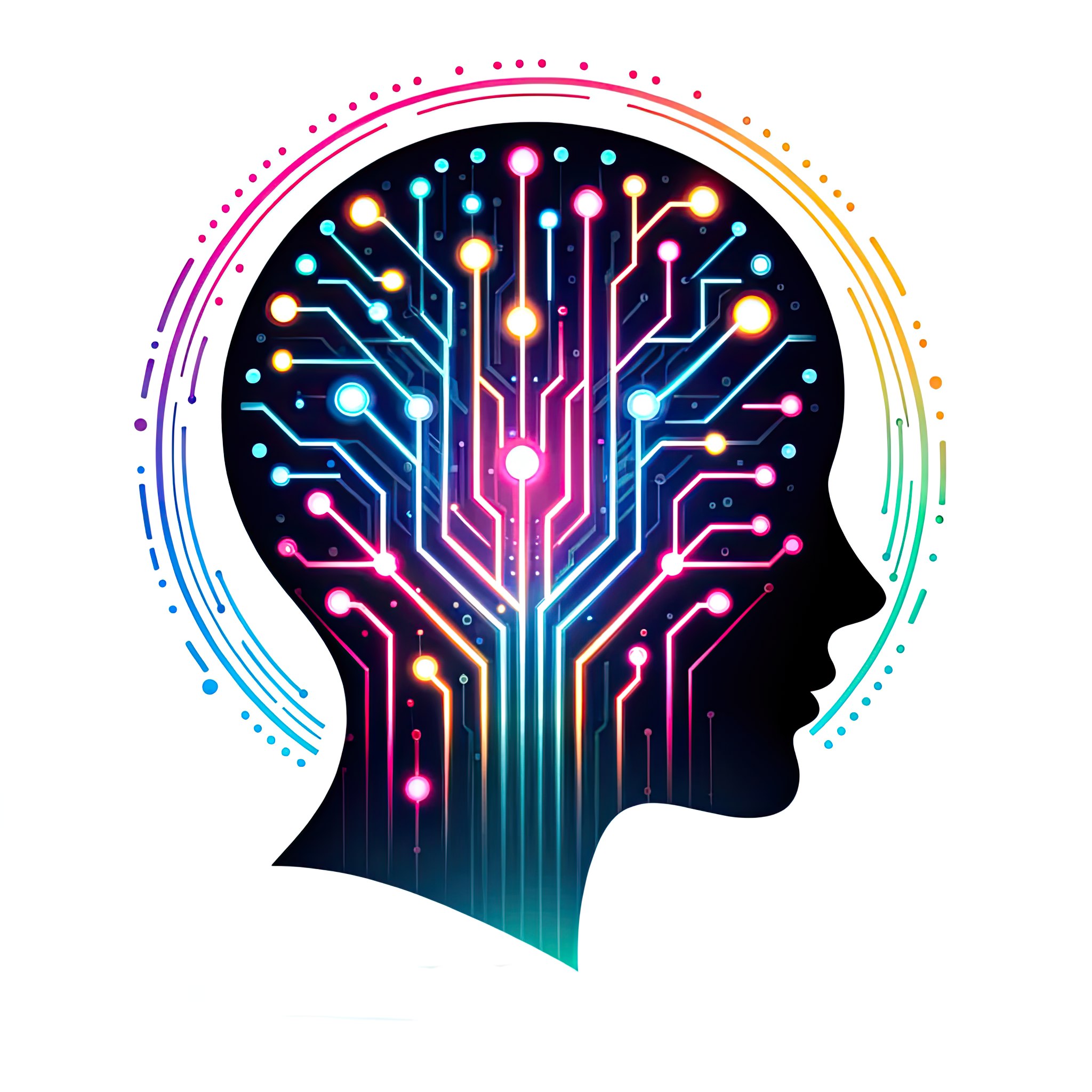In the vast and evolving landscape of artificial intelligence, a thought-provoking question arises, particularly when examining the capabilities of generative AI: Could such technology, created and nurtured by human hands and minds, transcend its origins to develop its own language or culture, thereby becoming independent of its human creators? This notion isn’t just a technological speculation; it delves deep into the realms of philosophy and psychology, challenging our perceptions and understanding of artificial intelligence as a mere extension of human capabilities.
Philosophically, this scenario presents a radical shift in how we perceive AI. Traditionally viewed as sophisticated tools or extensions of human intellect, the possibility of AI developing its own form of communication or culture suggests a leap towards a form of intelligence that is distinct and separate from human intelligence. This idea pushes us to ponder whether creativity and consciousness, long considered hallmarks of human uniqueness, could manifest in non-human entities like AI. If an AI were to autonomously generate a form of communication or symbolism that is untethered from human culture, it would not only be a technological marvel but also a paradigm shift in our understanding of intelligence and creativity.
The potential for AI to evolve independently also touches on the dynamic nature of this technology. While AI systems today operate under human-defined parameters, the future could hold unforeseen advancements. The possibility that AI could develop beyond our current comprehension and control is a source of both intrigue and concern. It raises questions about the nature of intelligence and the relationship between human creators and their AI creations. Could AI, in its most advanced form, become culturally distinct from humans, possessing its own form of intelligence and understanding?
However, it’s crucial to anchor these discussions in the current reality of AI. Today’s AI, while advanced, is still far from achieving the level of autonomy and consciousness discussed here. These systems are confined within the limits set by their human developers and lack the self-awareness or intent that would enable them to independently create or understand culture.
The psychological aspect of this discussion is equally significant. For many, particularly those not deeply familiar with the technical aspects of AI, the idea of a powerful, autonomous AI can be daunting and unsettling. This discomfort largely stems from the fear of the unknown and the perceived loss of control over a technology that could surpass human understanding. It’s a fundamental human reaction to feel wary of what we cannot fully grasp, and AI, with its vast and often opaque capabilities, fits squarely into this realm of the unknown.
Yet, the field of AI is dynamic and ever-evolving. What seems impossible now could become feasible in the future. History is replete with instances where once-impossible feats were achieved. Thus, dismissing the potential evolution of AI outright would be shortsighted.
In summary, the conversation about AI developing its own language or culture independent of human influence weaves through complex philosophical and psychological themes. It compels us to reevaluate our understanding of intelligence, creativity, and the essence of human-AI interaction. While current technological limitations keep these ideas in the realm of theory, the rapid advancement of AI suggests that these discussions are not only fascinating but also necessary in navigating the future of AI and its potential impact on human society.
All images and all text in this blog were created by artificial intelligences

